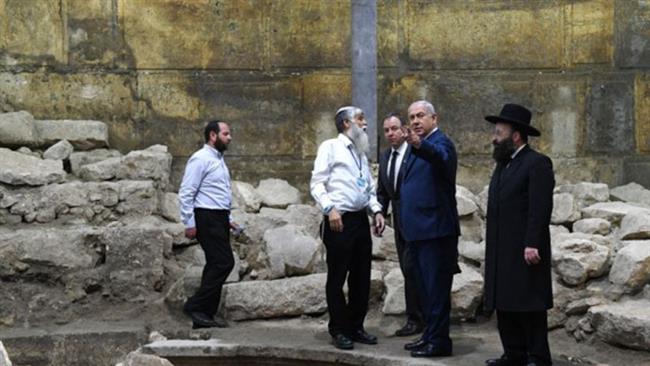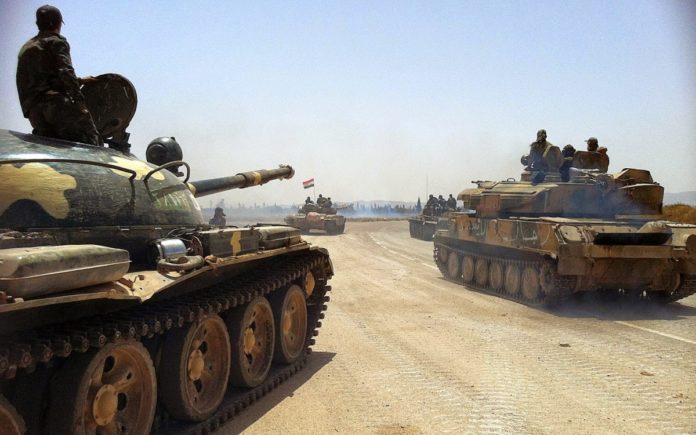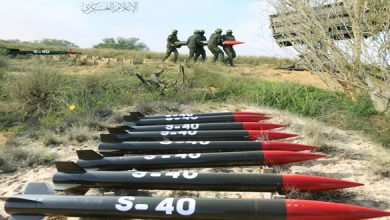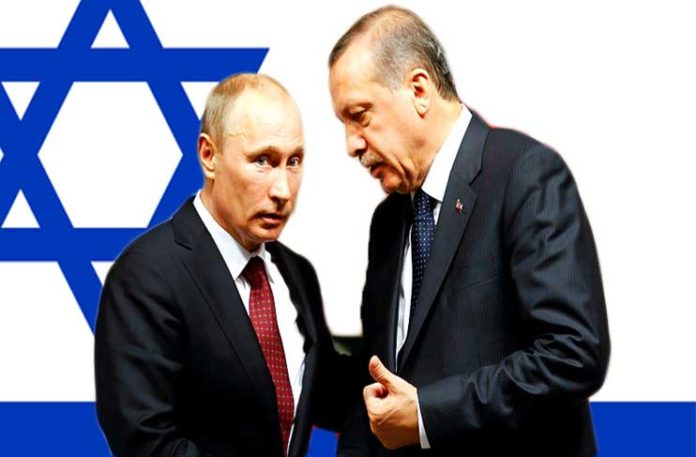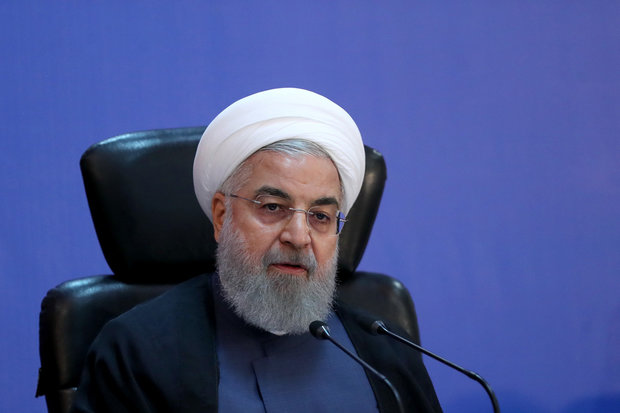US trying to disrupt Iran’s cooperation with intl. banks: Zarif
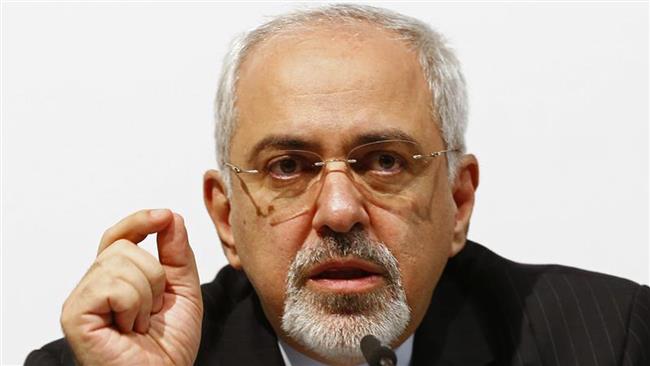

Iran’s Foreign Minister Mohammad Javad Zarif has slammed the US government for making efforts to sabotage transactions between Iran and international banking system.
Addressing the 4th Iran-Europe Banking and Business Forum on Saturday, Zarif said US-led sanctions imposed on Iran’s banking system before conclusion of the nuclear deal with the P5+1 group of countries, known as the Joint Comprehensive Plan of Action (JCPOA), were aimed at paralyzing Iran’s financial and banking system.
“Those designing [anti-Iran] sanctions carried out a special operation to paralyze this key system. They sought to restrict inter-bank contacts in order to disrupt Iran’s transactions with foreign banks and deprive the country of financial resources in short and long terms,” he added.
The Iranian foreign minister noted that the United States has imposed heavy fines on international banks during recent years on the pretext of their transactions with Iran.
“Unfortunately these measures, especially the remarks made by the new American administration, have made international banking environment very uncertain and made foreign banks wary of conducting transactions with Iran,” he noted.
Iran’s top diplomat also accused the United States of “banditry” for seizing Iran’s assets in overseas banks.
While criticizing previous Iranian administration’s officials for not acting on time to prevent seizure of Iran’s assets by the United States, Zarif said that “confiscation of about $2 billion dollars and seizure of $1.5 billion of Iranian Central Bank’s assets” were examples of US banditry.
Iran’s foreign minister noted that following the conclusion of the JCPOA, Iran’s banking system has been freed of limitations imposed on it by nuclear-related sanctions, adding that the nuclear deal has made possible Iran’s access to millions of dollars of its assets, which were previously frozen in foreign banks.
Iran and the five permanent members of the United Nations Security Council — the United States, Britain, France, China and Russia — plus Germany signed the JCPOA on July 14, 2015 and started implementing it on January 16, 2016.
Under the agreement, limits were put on Iran’s nuclear activities in exchange for, among other things, the removal of all nuclear-related bans against the Islamic Republic.
The UN Security Council later unanimously endorsed a resolution that effectively turned the JCPOA into international law.
Elsewhere in his remarks, Zarif emphasized that Iran was the safest, most secure and most transparent country for economic cooperation with European partners.
“Iran’s European partners must know that the Islamic Republic is the safest, the most secure and the most transparent country for economic cooperation, because it relies on its own people for economic and scientific progress and economic stability,” he said.
The 4th Iran-Europe Banking and Business Forum was held at IRIB’s International Conference Hall in Tehran on April 29-30.
